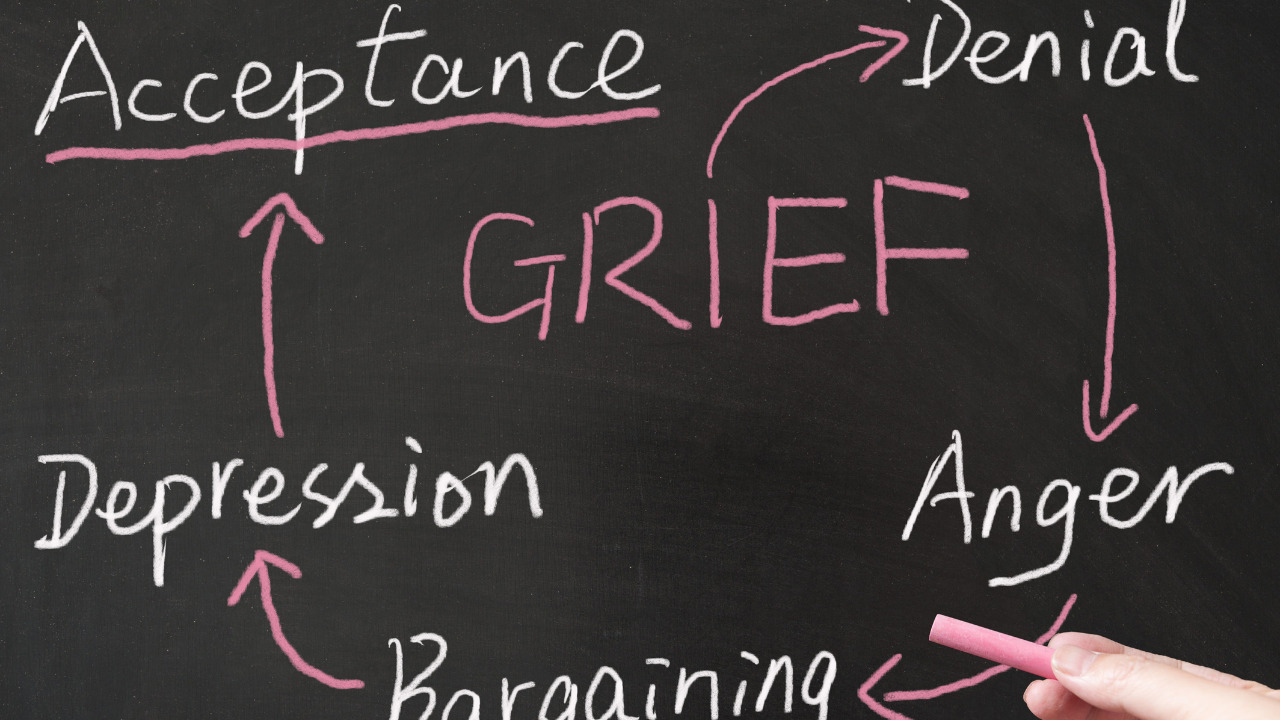The Unfathomable Reality of Sudden Death: Coping with Disbelief and Grief
By: Christine Hersom
(4 min. read)
Sudden death refers to an unexpected and abrupt loss of life, which leaves those affected grappling with a range of intense emotions. This is personal for me as my sister-in-law passed suddenly last week.
The sudden death of somebody you love strikes like a lightning bolt on a clear day, shattering the illusion of stability and routine. Whether it is an unexpected accident, a heart attack, or any other unforeseen circumstance, the sudden loss of a loved one can be devastating. The initial shock is overwhelming, leaving us speechless and immobilized. It feels like the ground beneath our feet has crumbled, leaving us suspended in a void of disbelief and confusion. We find ourselves asking, “How is this possible?” or “Did this really happen?”
Life is a delicate and unpredictable journey where moments of joy and sorrow interweave. However, nothing can prepare us for the profound shock and disbelief that strikes when confronted with the sudden loss of a loved one. Sudden death has a unique way of shaking our core beliefs, leaving us grappling with overwhelming emotions and a profound sense of disbelief.
Death, as we all know, is an inevitable part of life. When it strikes suddenly, it leaves behind a trail of shock, confusion, and an overwhelming sense of surrender. Sudden death reminds us of the fragility of life, shattering any illusions of permanence. It challenges our perception of safety and stability, leaving us questioning the very foundation of our existence. How could someone so alive and vibrant one moment be gone the next? The disbelief that accompanies sudden death often stems from the stark contrast between the reality we knew and the abrupt absence that fills its place.
Denial is a natural response to sudden death. Our minds struggle to comprehend the incomprehensible, creating a protective barrier against the overwhelming grief. We may find ourselves caught in a state of shock, unable to fully process the reality of the loss. This disbelief serves as a temporary defense mechanism, allowing us time to gradually absorb the painful truth at a pace we can handle.
In the wake of sudden death, we often find ourselves desperately seeking answers. We question the circumstances, trying to make sense of the inexplicable. Why did it happen? Could it have been prevented? This quest for answers can consume our thoughts, heightening our disbelief as we grapple with the absence of logical explanations.
The disbelief surrounding sudden death intertwines with a whirlwind of emotions. Anger, guilt, sadness, and profound sorrow become our constant companions. We may feel anger towards the universe for its unfairness or guilt for not having said or done enough. As we navigate through these complex emotions, it’s important to remember that they are all part of the grieving process and that healing takes time.
Amidst the chaos of sudden death, a unique emotional response emerges – a surrendering feeling. It is a sense of powerlessness as if we are caught in a relentless current, unable to control or change the situation. The surrendering feeling arises from the realization that life is fragile and unpredictable. It reminds us that we are not in control of everything, no matter how much we tell ourselves that we are.
The feeling of surrender often pervades every aspect of our lives. We may surrender to grief, allowing it to consume us as we navigate the turbulent waves of sorrow. We may surrender to the memories, cherishing every moment shared with the departed and longing for their presence. In surrendering, we acknowledge that we cannot alter the past, and we must find a way to live with the void created by the sudden absence of a loved one.
Sudden death not only affects individuals but also ripples through communities, leaving a lasting impact. When a tragedy occurs, the community often rallies together, offering support, solace, and a sense of unity. However, the surrendering feeling can be magnified within a community, as the collective grief weighs heavily on everyone’s shoulders.
In the aftermath of sudden death, communities may find solace in coming together to mourn, remember, and heal. The surrendering feeling can serve as a catalyst for empathy and compassion as people offer their time, resources, and support to those affected. It reminds us of our shared vulnerability and the importance of cherishing our loved ones while they are still with us.
Sudden death forces us to confront our mortality and surrender to the unpredictability of life. It is a stark reminder that life is fragile and fleeting and that we must cherish the moments we have with our loved ones. While the surrendering feeling may initially overwhelm us, it can also lead to personal growth and a deeper appreciation for the fragility of life. By surrendering to the waves of sudden death, we can find strength in resilience, support in the community, and, ultimately, a renewed perspective on what truly matters in life.
In conclusion, we must remember that the grieving process is normal, and the time period is different for everyone. While we will never be able to figure out why people die suddenly, it is normal to ask the question. While we grieve, we should embrace the beauty that was their life while they were here.
Christine Marshall Hersom
All Things Wellness, LLC
christinehersom@yahoo.com
The information provided is the author’s opinion and is not a substitute for professional medical advice, diagnoses, or treatment. The author and the business, All Things Wellness, LLC, and its owner Peggy Willms are not liable for risks or issues associated with using or acting upon the information on this website. We assume no responsibility for tangible and intangible damages such as physical harm caused by using a product, loss of profits or loss of data, and defamatory comments.






